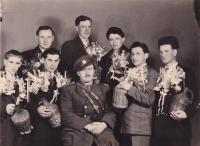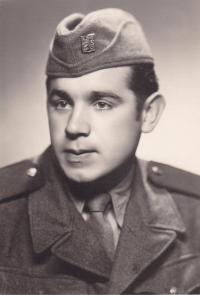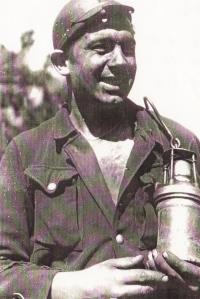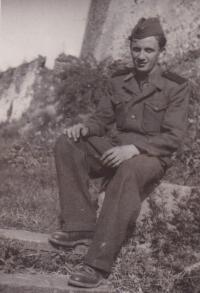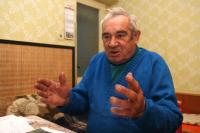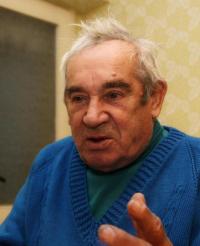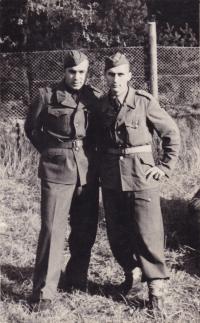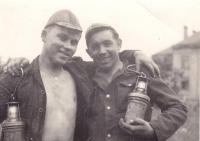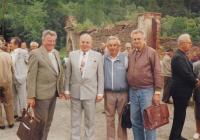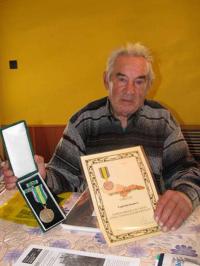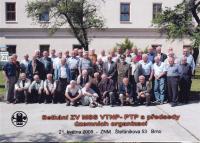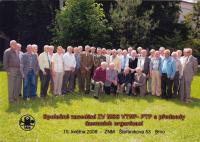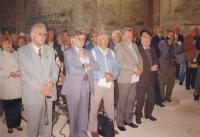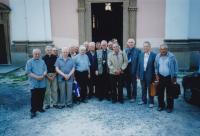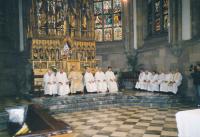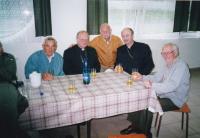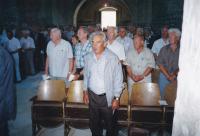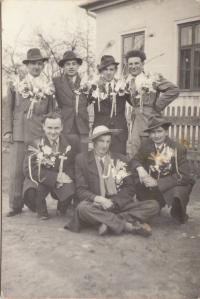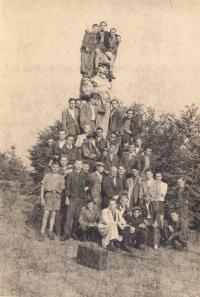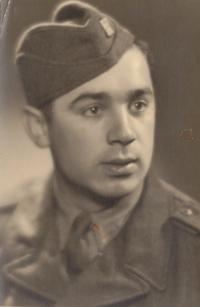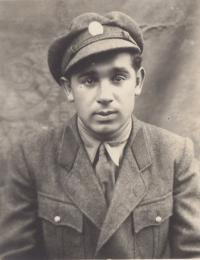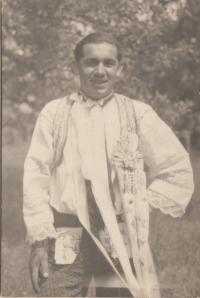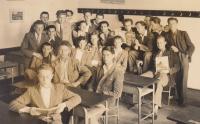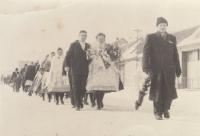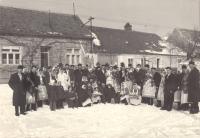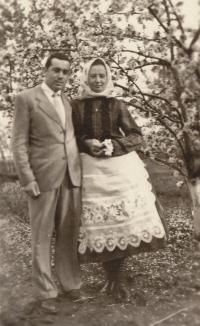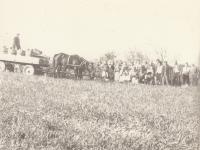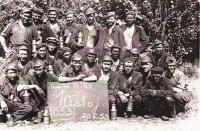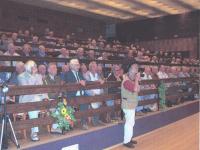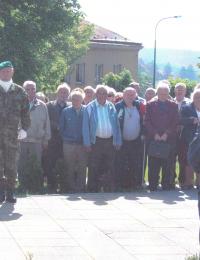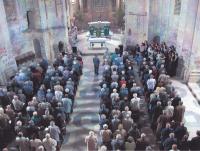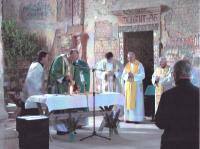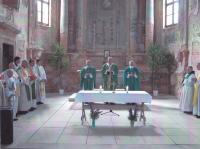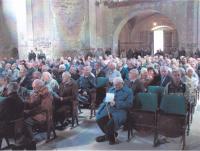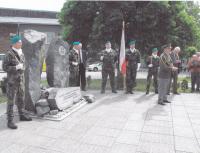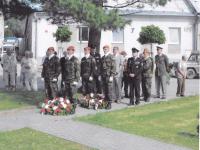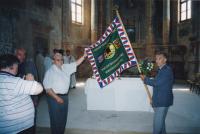I was sent to the work camp by no strangers, but the locals

Stáhnout obrázek
Vojtěch Sasín was born on 24 November, 1929, spent his childhood and youth in Josefov in Hodonin region. After finishing elementary school he began studies at the commerce academy in Hodonin, where he graduated in 1949. In 1948 the witness threw a white card in election urn. The envelopes were marked, so it was obvious, who did so. Also his parents refused to join the agriculture cooperative, so in 1950 instead of a regular military service he joined the auxiliary technical battalions. Since October 1950 he worked in a mine Pokrok in Petrvald. He was classified E, as a politically unreliable, and was sent to re-education by heavy works and political training. He spent three years at the battalions. Following the death of the president Gottwald the regime got slightly more internally relaxed, so after checks he could go back home. He returned to Josefov, worked for the state forests and later in a state bank. In 1956 he married and moved to Prusanky. After 1989 he actively joined activities of the Association of Auxiliary Technical Battalions and since 2004 chaired the organisation. Together with other members he used to annually meet up in a town of Libava. In 2009 he was awarded a commemorative medal on the occasion of 90th anniversary of establishment of the Czech Republish. In 2016 lives in Prusanky and so do families of his children, Vojtech and Marie.
